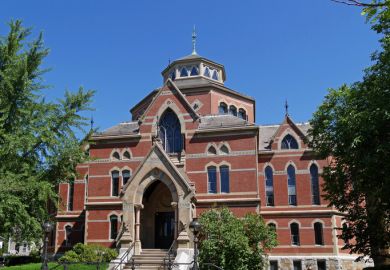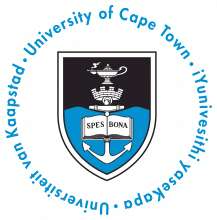David Goldblatt has been a witness to oppression since 1948 when, as an 18-year-old, he first started photographing the everydayness of racial segregation in South Africa. Now he has decided to move his archive of negatives and prints from the University of Cape Town to Yale University, as an act of protest.
While Goldblatt’s legal rights are clear, the political ethics are more complex. When a person’s reputation is built on capturing the denial of rights to others, is there not an obligation to the subject of the artist’s gaze; to their memory and legacy? Is the artist the sole owner of his work? What of his obligation to his subjects, to their rights in memory, and to their rights to have their photographs seen in the future?
Goldblatt’s career began in the same year that the National Party came to power with a commitment to enforced racial segregation – apartheid. He describes himself as a “self-appointed observer and critic of the society into which I was born” and has photographed the lived experience of discrimination in all its dimensions.
He has won numerous awards and accolades, including being the first South African to have a solo exhibition in the Museum of Modern Art, New York. His recent work has been with ex-offenders through prison rehabilitation groups, compelling photographs that interrogate the complexity behind acts of violence. He is widely admired.
The point of principle, and the reason for the potential shipping of his collection to the US, is that the University of Cape Town (UCT) is no longer upholding and defending the rights of the artist: in the official announcement, “freedom of expression, artistic freedom and rights of artists”.
While Goldblatt has so far declined to comment, this is assumed to have been prompted by the notorious incident in February last year when protesting students took down works of art on public display on the campus and burned them. Since this, UCT has taken down many paintings and put them in storage. There have also been extensive disruptions to lectures, and some who are opposed to student demands have been prevented from speaking.
In all its statements on these events, the university has unequivocally condemned the destruction of works of art and infringements against freedom of expression. UCT has an open and unfenced campus that is difficult to defend and police; paintings have been taken down to protect them as student protests have continued. Goldblatt’s own work is a research collection stored in the university archives; it has not been in danger.
All art is a complex relationship between artist and subject, and this is particularly so with photography, explored in a rich tradition of writing and critical theory. This relationship is accentuated when the theme is conquest, colony and empire and the ways in which these legacies continue to shape the present. The anonymous subjects of oppression are selected, framed and caught in an instant. They may often not have given their consent to be photographed, and their thoughts and words are unrecorded.
In Susan Sontag’s memorable insight, “all photographs are memento mori. To take a photograph is to participate in another person’s (or thing’s) mortality, vulnerability, mutability. Precisely by slicing out this moment and freezing it, all photographs testify to time’s relentless melt.”
Goldblatt’s formidable reputation has been built on memento mori of the suffering of the oppressed and the incomprehension of the oppressor. He has caught countless subjects in his lens, almost all unnamed, silent and now dead. Seen in this way, the point of principle that leads him to prefer Yale to UCT seems asymmetrical, one-sided – about his rights as an artist, about his right to artistic freedom, his right to freedom of expression.
Today, South Africa’s universities are caught up in the biggest crisis of a lifetime. A core issue is: what should be taught and researched? How do outmoded concepts of knowledge perpetuate the legacies of the past? What forms of knowledge are appropriate for the future? A new scholarship will be forged from these debates, and the future intellectual life of universities will be enriched by the archive, in all its dimensions.
David Goldblatt’s life’s work – his witness to the full span of the apartheid years – should be the legacy of the direct descendants of those he photographed and whose participation in his work brought him fame. At Yale, his collection will be a small gem in a vast treasury. At UCT, the absence of his work will be an act of erasure and impoverishment.
Martin Hall is emeritus professor in the Graduate School of Business, University of Cape Town, and former vice-chancellor of the University of Salford.
Register to continue
Why register?
- Registration is free and only takes a moment
- Once registered, you can read 3 articles a month
- Sign up for our newsletter
Subscribe
Or subscribe for unlimited access to:
- Unlimited access to news, views, insights & reviews
- Digital editions
- Digital access to THE’s university and college rankings analysis
Already registered or a current subscriber?




